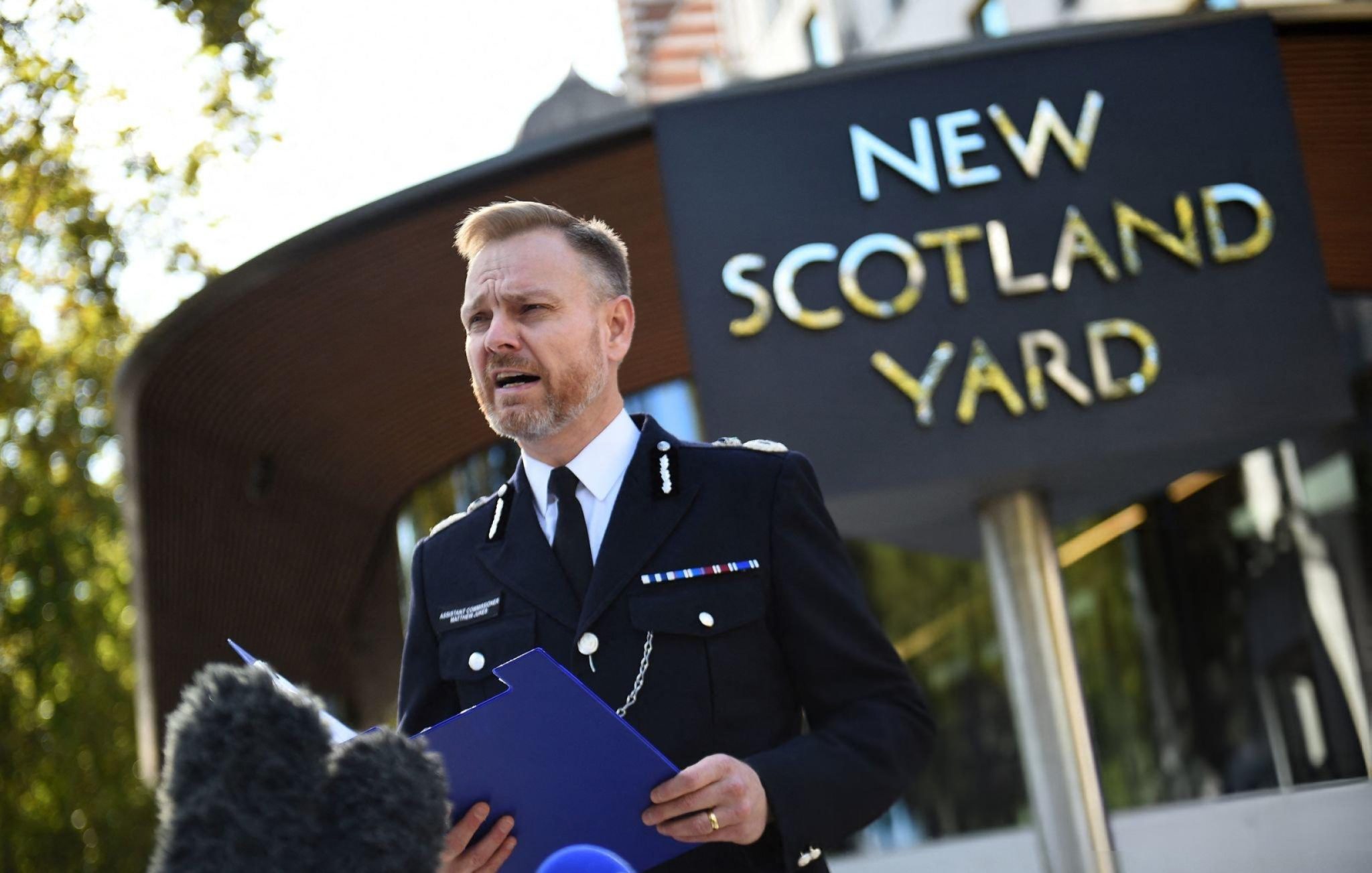The head of Britain’s counter-terrorism policing has likened the dangers of social media for children to the harm caused by smoking, warning that unregulated online content is fuelling violence among young people.
Matt Jukes, who leads the UK’s counter-terrorism efforts, urged Parliament to explore tougher regulations, including age verification on social media platforms, to protect children from harmful content. His comments come amid growing concerns about the role of social media in radicalisation, violence, and the mental health crisis among young people.
Calls for stricter regulations on social media
Speaking to The Times Crime and Justice Commission—a year-long inquiry into the UK’s criminal justice system—Mr Jukes warned that the negative impact of social media must not be ignored. He drew a stark comparison between the slow governmental response to smoking-related cancer risks and the current inaction on online harms.
“If I give you a parallel with the harm caused by smoking, by 1950, it was clear that smoking was causing lung cancer and killing people,” he said.
“But it took decades for governments to decide to regulate—not even the supply of tobacco more closely, but just the advertising of tobacco to young people.”
Mr Jukes described harmful online content as a “cancer” that is “driving violence in our communities and in the lives of young people now.” He stressed that the UK must not wait decades before implementing meaningful protections.
Exploring a social media ban for children
The UK is now considering the approach taken by Australia, which last year became the first country in the world to pass legislation banning children under 16 from using social media. While the Australian ban has not yet been enforced, Mr Jukes said Britain should seriously examine whether similar action is needed.
“We have spoken to Australian colleagues about that. It hasn’t happened yet. We don’t understand its effect. But I think it warrants serious attention,” he said.
He added that Parliament should explore the idea of mandatory age verification on social media, similar to the strict regulations that prevent underage access to gambling or pornography online.
Reviewing the online safety act
Mr Jukes acknowledged that the UK had made progress with the Online Safety Act, which was passed last year to impose greater responsibilities on tech companies. However, he argued that the legislation may need to be strengthened further, particularly in relation to private messaging services.
“We are going to need to move forward with online safety at a pace, with a rigour, with determination, which we’ve not yet been able to achieve internationally,” he said.
He suggested that the Online Safety Act should be revisited to consider whether social media platforms should be legally required to monitor and police private messages for harmful content.
“That means looking at whether the Act can be extended to private communications and whether platforms should be held accountable for the messages they facilitate, just as they are for publicly available content,” he said.
The role of social media in radicalisation
Mr Jukes’ warning comes in the wake of a harrowing case involving Southport killer Axel Rudakubana. The 18-year-old was found to have consumed violent and extremist content online before carrying out the murders of three young girls at a Taylor Swift-themed dance class on 29 July last year.
A review into his case revealed that Rudakubana had previously been referred multiple times to the Government’s counter-terrorism programme, Prevent. However, authorities failed to fully assess the risk he posed, despite warning signs that included a history of violence, an interest in school shootings, and online searches related to terrorist attacks.
The teenager had previously attacked a classmate with a hockey stick, carried a knife on a bus, and used school computers to research the 2017 London Bridge terror attack. A Prevent review concluded that his repeated referrals had been “under-explored” and that his online activity should have raised greater concerns.
The need for urgent action
The case has reignited debates over the role of social media in radicalisation and youth violence. Mr Jukes said that while parents and educators have a role to play in protecting children, real change must come from the tech industry and government regulation.
London’s deputy mayor for policing and crime, Kaya Comer-Schwartz, backed calls for stricter measures, stating that while “progress has been made, more needs to be done to make it harder for harmful content to reach young people.”
As the UK grapples with rising online harms, lawmakers face mounting pressure to take decisive action. The comparison to smoking suggests that, just as society eventually recognised and regulated the dangers of tobacco, governments may soon have no choice but to take stronger steps to safeguard children from the hidden dangers of social media.






